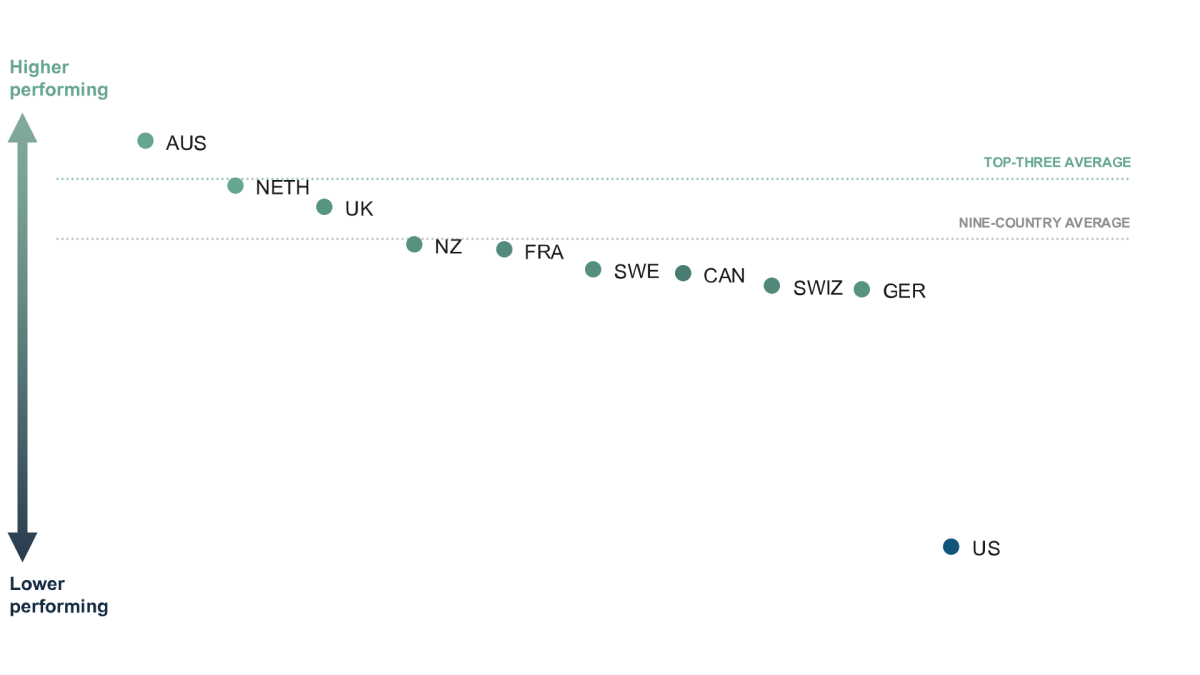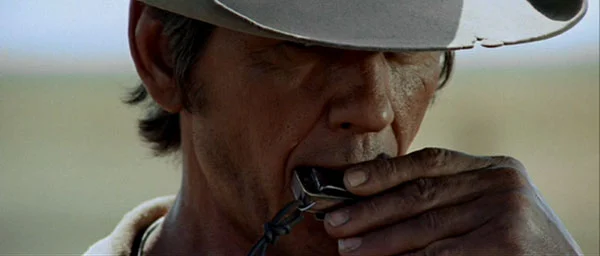Capitalism, competition, and Korean culture
Review of Netflix’s “Squid Game”
December 8, 2021
Netflix’s new South Korean drama Squid Game has taken the world by storm, and for good reason. Its interesting characters and violent games have attracted many shocked viewers while its gripping story questions the morals of a capitalist society. This is a story which I could (and have) watched over and over again, but some characters and overlooked decisions towards the end of the show prevent me from calling it a masterpiece.
Background:
The plot revolves around Seong Gi-hun, a gambling addict in debt who is living with his mother, and trying to connect with his daughter he no longer has custody over. After a strange encounter with a man at the train station, Gi-hun, along with 455 other debt-ridden strangers, agree to compete in a series of children’s games with the chance to earn an incredible cash prize (about $38 million USD). However, the games soon become violent as players are eliminated.
Strengths of the Show:
Art Design
One of the things I find most striking about Squid Game is its visual style. The players wear green track suits, while the ominous workers wear bright pink jumpsuits and masks adorned with circles, triangles, or squares. The hallways that bring the players to the games are composed of a collection of pastel stairs and doors leading in all directions and remind me of both Dr. Seuss and M.C. Escher. The bright colors and childish shapes of the costume and set design are off-putting when combined with the violent nature of the game.
Children’s Game Survival Show Concept
There has been a recent surge in popularity of media centered around class struggles. I believe that many foreign films and TV shows, like Parasite and Money Heist, have become popular internationally due to the fact that class struggles are a cross-cultural issue that many people can relate to. Although director and creator Hwang Dong-hyuk has stated that he wanted the players to compete in children’s games to make the episodes easier to follow and more centered on the characters, the easy games can be read as demoralizing for the unsuccessful players, resorting to the games they played as kids as a way to win money.
Survival games are not a new concept, proven by the success of The Hunger Games series, but what sets Squid Game apart from many other fictional, survival media is that the show is set in the present, highlighting the dire needs of current South Korean (and international) citizens. Many of the characters struggle with the morality of their decision to stay in the games while others are perfectly comfortable killing others in the name of money, emphasizing the inhumane nature of capitalism and the sacrifices people must make in order to advance economically.
Characters
Squid Game features a variety of characters, all brought to the competition for vastly different reasons. Our protagonist, Seong Gi-hun (456) needs to pay off his debt to creditors, pay for his mother’s surgery, and gain custody of his daughter; Gi-hun’s childhood friend Cho Sang-woo (218), a seemingly successful businessman, is facing charges of embezzlement; Kang Sae-byeok (067), a resilient North Korean defector, wants to bring her family across the border; Ali Abdul (199) is a Pakistani migrant whose boss worked him for months without pay; Jang Deok-su (101) is a gang leader who stole from his boss; Han Mi-nyeo (212) is a manipulator with a newborn child that she doesn’t have the money to provide for,; and Oh Il-nam (001) is an old man with a brain tumor, trying to fill his time. Many of these characters represent some facet of class struggles: Sae-byeok (067) and Ali (199) show the financial and social difficulties many immigrants face, and Mi-nyeo (212) shows the resourcefulness people in need must adopt, but no characters represent the themes of the show better than the two main characters: Gi-hun (456) and Sang-woo (218).
*The remainder of the article contains spoilers for season 1*
Gi-hun represents the goodness of human nature, constantly helping and making bonds with other players, causing him to butt heads with Sang-woo, the realist. Sang-woo represents both the immorality of human nature and the cutthroat nature of capitalism; he understands the reality of the game — that almost everyone will die — and believes that the money he could earn is worth it. Accordingly, he is constantly focused on the game and looking for outside ways to increase his chances of survival, and he doesn’t hesitate to manipulate people (including his friends) to benefit himself.
Messages: Good v. Evil and the Dangers of Capitalism
Sang-woo’s success during the games reveals that capitalism favors those who are resourceful and ruthless, willing to do whatever it takes to get to the top. Although Gi-hun voices his frustration that Sang-woo willingly killed one of the players who helped them pass the glass stepping stones game, it was only thanks to Sang-woo’s quick thinking and killer instinct that they were able to survive.
Sang-woo’s skills in the game also reflect his skills outside of the competition. As an investment banker, he became successful in part from stealing money from his clients, a dirty yet resourceful move that foreshadows choices he makes in the games, like manipulating Ali to win the marbles game. The parallels between Sang-woo’s tactics and values in the games and as a businessman suggest that the games are a parallel of a capitalist society.
There is a clear distinction between the players and the guards, with the guards having more authority. Yet, there are even class differences between the guards; they are sorted into three groups: the menial workers (circle masks), the soldiers (triangle masks), and the directors (square masks) with a higher number of angles on the masks signifying a higher class. The front man, who oversees the entire game, fittingly wears an extremely angled, geometric mask, and the VIPs wear extremely angled, spiky masks, resembling animals. The classes people within the game hold mirror those they hold outside of the game, yet it is notable that even though the menial workers do not face the same dangers as the players, they have similarly limited freedoms, implying that all low classes are trapped in a system that doesn’t benefit them.
When players are unable to follow the rules of the game they are killed, — rendered useless. Although the violence of the show is upsetting to many people and may seem glorified at first, it is used to demonstrate how capitalism strips people of their worth and individuality. The total prize money is the sum of each player’s “worth” — 100,000,000 ₩ (roughly 85,000 USD) — and is added up as players are eliminated, which essentially argues that the players lives are only worth an amount of money. Many people die in the first two games, so the money is added quickly after the games end, but there is a brilliant moment where, after Deok-su beats another player to death, another 100,000,000 ₩ is added to the prize money and the players all realize how the game measures their worth.
Weaknesses of the Show:
The Front Man
Personally, I didn’t find the Front Man to be interesting or intimidating. Although the guards were dressed in pink jumpsuits, the eerie music that often accompanied their actions and their masks that didn’t resemble faces made them seem threatening. I found both the Front Man’s mask and his voice somewhat goofy, and would have preferred if his voice was a little less muffled. For the second half of the show, the Front Man is also seen struggling to find someone who has intruded the game and this vulnerability might make him seem less threatening.
The VIPs
The writing for and acting of all of the main characters is so strong in the show that I often forgot that the characters weren’t real people. That being said, the VIP characters were incredibly horrendous. The dialogue was so corny and dry that it sounded like a seven year old wrote what they imagined a billionaire might sound like. I found them unbelievable as evil, rich people because their dialogue was so desensitized and awkward. Their dialogue (and arguably some of their scenes) were often irrelevant to the plot and sometimes took me out of the main action.
It was also very upsetting to see that they made the most outwardly vile VIP LGBTQ+, adding another character to the “gay villain” trope.
Poor Plot Twists
One of the major disappointments of the show was the plot line with detective Hwang Jun-ho. It was so fascinating to get to see the competition from the point of view of the workers, and I was initially interested to find out what had happened to the detective’s brother, but as time went on, it became more obvious which direction the show was headed. When they revealed that the Front man had been his brother and subsequently killed the detective off, it left many questions still unanswered (how did he end up being the front man? Why did he enter the competition in the first place? How did he go from being a winner to being involved?) and only seemed to be setting up a plot line for the next season.
In the last episode, Gi-Hun, who has spent the year after his victory traumatized and doing nothing, is summoned to Il-nam, still alive after supposedly dying in the marbles game, where he reveals he had been the main VIP who orchestrated the game. He reveals that he and his rich friends were bored and created the game as a form of entertainment. Although the explanation ties in nicely with the theme of capitalism benefitting no one (if even the rich are miserable and bored), the fact that Il-nam participated goes against the game’s main rule of fairness. The doctor and workers selling organs were killed as punishment for sharing information about the games ahead of time, yet Il-nam knew everything about the games beforehand and even helped Gi-hun pass tug of war and the marbles game, giving him unfair advantages that lead to Gi-hun’s victory.
The Ending
After telling Gi-hun the truth about himself, Il-nam makes a bet that no one will help a homeless man they see on the street by midnight. Still believing in the goodness of human nature, Gi-hun bets that someone will help him. Right before midnight, a random person helps the man, restoring Gi-hun’s faith in humanity. It seems obvious that Gi-hun should have helped the man, restoring his own faith, but either way he is inspired to use the money he won to help Sang-woo’s mother and Sae-byeok’s brother. Soon after, Gi-hun sees the same man he met at the train station in the first episode convincing a man to enter the competition. Realizing that the game still exists, Gi-Hun intervenes and decides that he will single handedly take down the entire game, and the series ends. I really disliked Gi-hun’s final decision; like with the detective / Front Man twist, it seems like an obvious setup for a second season and is also very unrealistic. I would have much preferred the show to end just with Gi-hun’s horrible discovery that the game still exists.
A completely different ending I would have supported would be one where Sang-woo won over Gi-hun. Realistically, Sang-woo was much better at playing the games — he used clever strategies in red light green light and tug of war, guessed what the honeycomb game was in advance, and killed other players in the marbles and glass stepping stone games — and Gi-hun survived mainly through luck — he was able to benefit from Sang-woo’s strategies and Il-nam’s knowledge of the games. Although nihilistic, Sang-woo winning fits the show’s message that those who can survive in a capitalist society wait for no one.











